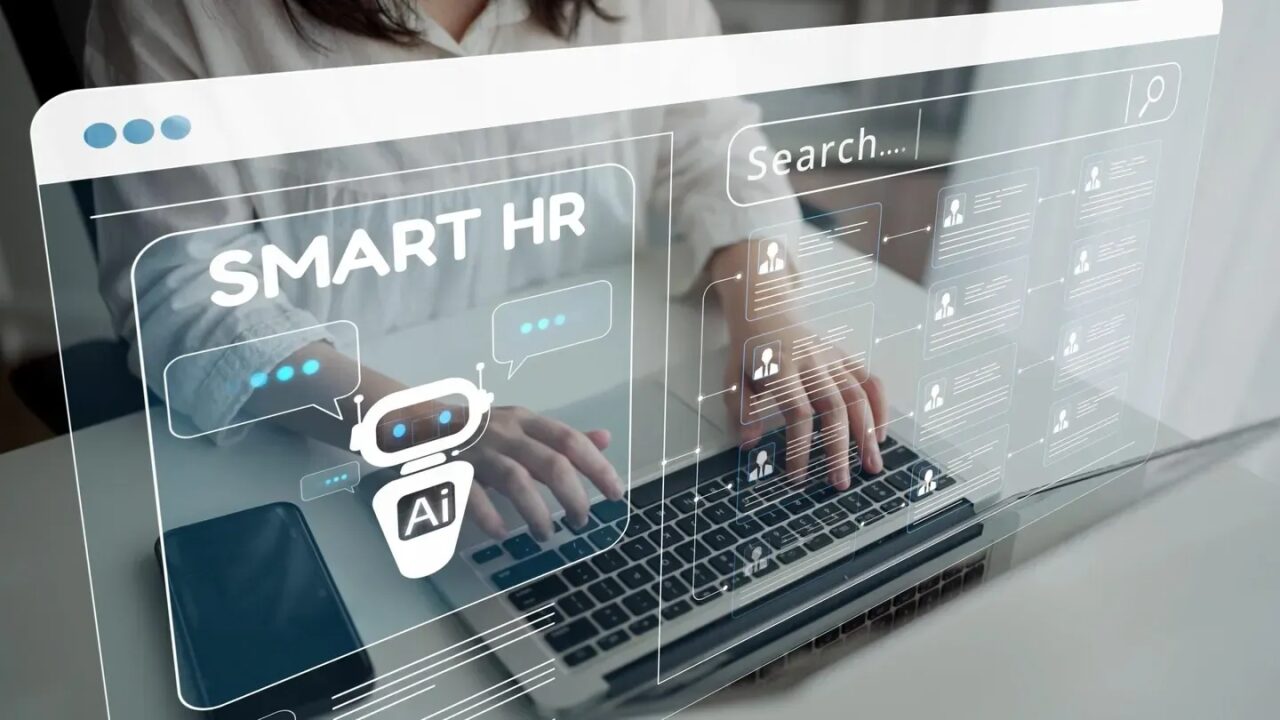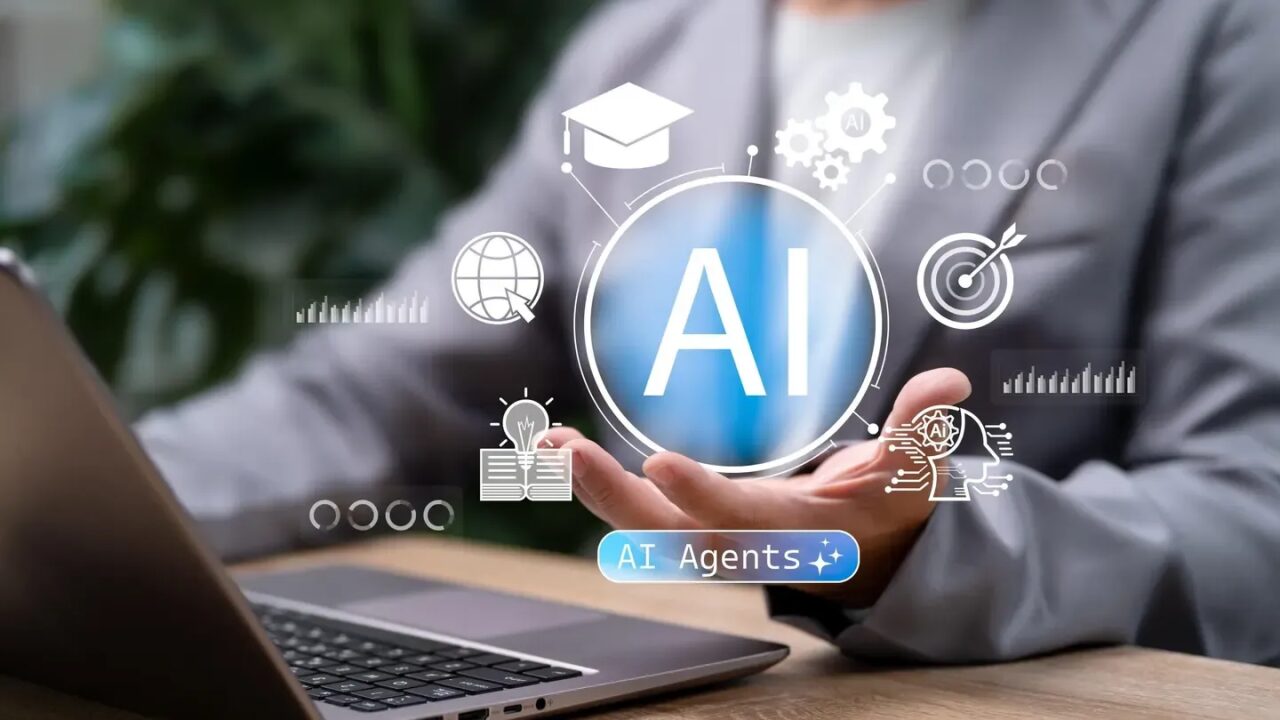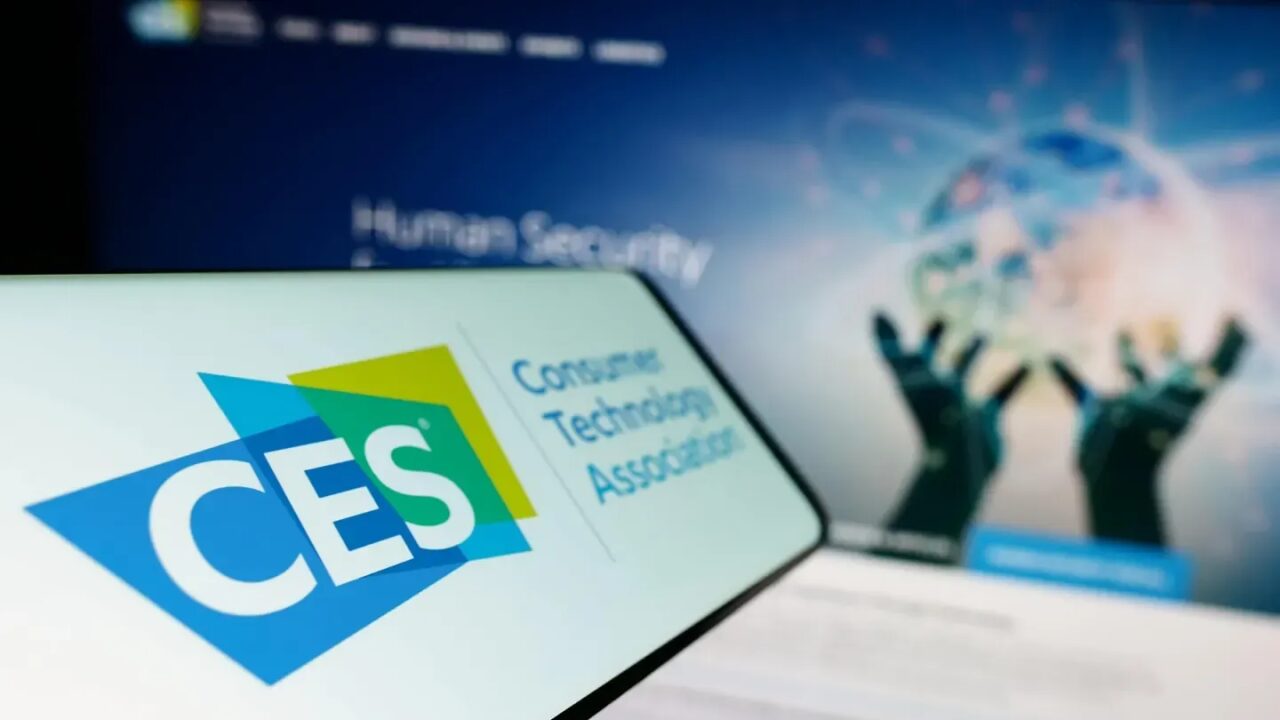Coronavirus: How Artificial Intelligence, Data Science And Technology Is Used To Fight The Pandemic
2 July 2021
Since the first report of coronavirus (COVID-19) in Wuhan, China, it has spread to at least 100 other countries. As China initiated its response to the virus, it leaned on its strong technology sector and specifically artificial intelligence (AI), data science, and technology to track and fight the pandemic while tech leaders, including Alibaba, Baidu, Huawei and more accelerated their company’s healthcare initiatives. As a result, tech startups are integrally involved with clinicians, academics, and government entities around the world to activate technology as the virus continues to spread to many other countries. Here are 10 ways artificial intelligence, data science, and technology are being used to manage and fight COVID-19.

1. AI to identify, track and forecast outbreaks
The better we can track the virus, the better we can fight it. By analysing news reports, social media platforms, and government documents, AI can learn to detect an outbreak. Tracking infectious disease risks by using AI is exactly the service Canadian startup BlueDot provides. In fact, the BlueDot’s AI warned of the threat several days before the Centres for Disease Control and Prevention or the World Health Organisation issued their public warnings.
2. AI to help diagnose the virus
Artificial intelligence company Infervision launched a coronavirus AI solution that helps front-line healthcare workers detect and monitor the disease efficiently. Imaging departments in healthcare facilities are being taxed with the increased workload created by the virus. This solution improves CT diagnosis speed. Chinese e-commerce giant Alibaba also built an AI-powered diagnosis system they claim is 96% accurate at diagnosing the virus in seconds.
3. Process healthcare claims
It’s not only the clinical operations of healthcare systems that are being taxed but also the business and administrative divisions as they deal with the surge of patients. A blockchain platform offered by Ant Financial helps speed up claims processing and reduces the amount of face-to-face interaction between patients and hospital staff.
4. Drones deliver medical supplies
One of the safest and fastest ways to get medical supplies where they need to go during a disease outbreak is with drone delivery. Terra Drone is using its unmanned aerial vehicles to transport medical samples and quarantine material with minimal risk between Xinchang County’s disease control centre and the People’s Hospital. Drones also are used to patrol public spaces, track non-compliance to quarantine mandates, and for thermal imaging.
5. Robots sterilise, deliver food and supplies and perform other tasks
Robots aren’t susceptible to the virus, so they are being deployed to complete many tasks such as cleaning and sterilising and delivering food and medicine to reduce the amount of human-to-human contact. UVD robots from Blue Ocean Robotics use ultraviolet light to autonomously kill bacteria and viruses. In China, Pudu Technology deployed its robots that are typically used in the catering industry to more than 40 hospitals around the country.
6. Develop drugs
Google’s DeepMind division used its latest AI algorithms and its computing power to understand the proteins that might make up the virus, and published the findings to help others develop treatments. BenevolentAI uses AI systems to build drugs that can fight the world’s toughest diseases and is now helping support the efforts to treat coronavirus, the first time the company focused its product on infectious diseases. Within weeks of the outbreak, it used its predictive capabilities to propose existing drugs that might be useful.
7. Advanced fabrics offer protection
Companies such as Israeli startup Sonovia hope to arm healthcare systems and others with face masks made from their anti-pathogen, anti-bacterial fabric that relies on metal-oxide nanoparticles.
8. AI to identify non-compliance or infected individuals
While certainly a controversial use of technology and AI, China’s sophisticated surveillance system used facial recognition technology and temperature detection software from SenseTime to identify people who might have a fever and be more likely to have the virus. Similar technology powers “smart helmets” used by officials in Sichuan province to identify people with fevers. The Chinese government has also developed a monitoring system called Health Code that uses big data to identify and assesses the risk of each individual based on their travel history, how much time they have spent in virus hotspots, and potential exposure to people carrying the virus. Citizens are assigned a colour code (red, yellow, or green), which they can access via the popular apps WeChat or Alipay to indicate if they should be quarantined or allowed in public.
9. Chatbots to share information
Tencent operates WeChat, and people can access free online health consultation services through it. Chatbots have also been essential communication tools for service providers in the travel and tourism industry to keep travellers updated on the latest travel procedures and disruptions.
10. Supercomputers working on a coronavirus vaccine
The cloud computing resources and supercomputers of several major tech companies such as Tencent, DiDi, and Huawei are being used by researchers to fast-track the development of a cure or vaccine for the virus. The speed these systems can run calculations and model solutions is much faster than standard computer processing.In a global pandemic such as COVID-19, technology, artificial intelligence, and data science have become critical to helping societies effectively deal with the outbreak.
Related Articles
What CES 2026 Tells Us About The Future Of Work, Without Saying ‘Work’
By now, “smart” versions exist of just about every home appliance, gadget and gizmos we can think of. However, manufacturers continue[...]
8 AI Agents Every HR Leader Needs To Know in 2026
By now, “smart” versions exist of just about every home appliance, gadget and gizmos we can think of. However, manufacturers continue[...]
The 6 Education Trends That Will Shape Learning And Skills In 2026
By now, “smart” versions exist of just about every home appliance, gadget and gizmos we can think of. However, manufacturers continue[...]
The Big Ideas Shaping CES 2026 And What They Mean For The Future Of Technology
By now, “smart” versions exist of just about every home appliance, gadget and gizmos we can think of. However, manufacturers continue[...]
Why CES 2026 Signals The End Of ‘AI As A Tool’
By now, “smart” versions exist of just about every home appliance, gadget and gizmos we can think of. However, manufacturers continue[...]
Letting AI Browse The Web For You Sounds Great Until It Goes Wrong
By now, “smart” versions exist of just about every home appliance, gadget and gizmos we can think of. However, manufacturers continue[...]
Sign up to Stay in Touch!
Bernard Marr is a world-renowned futurist, influencer and thought leader in the fields of business and technology, with a passion for using technology for the good of humanity.
He is a best-selling author of over 20 books, writes a regular column for Forbes and advises and coaches many of the world’s best-known organisations.
He has a combined following of 4 million people across his social media channels and newsletters and was ranked by LinkedIn as one of the top 5 business influencers in the world.
Bernard’s latest book is ‘Generative AI in Practice’.










Social Media